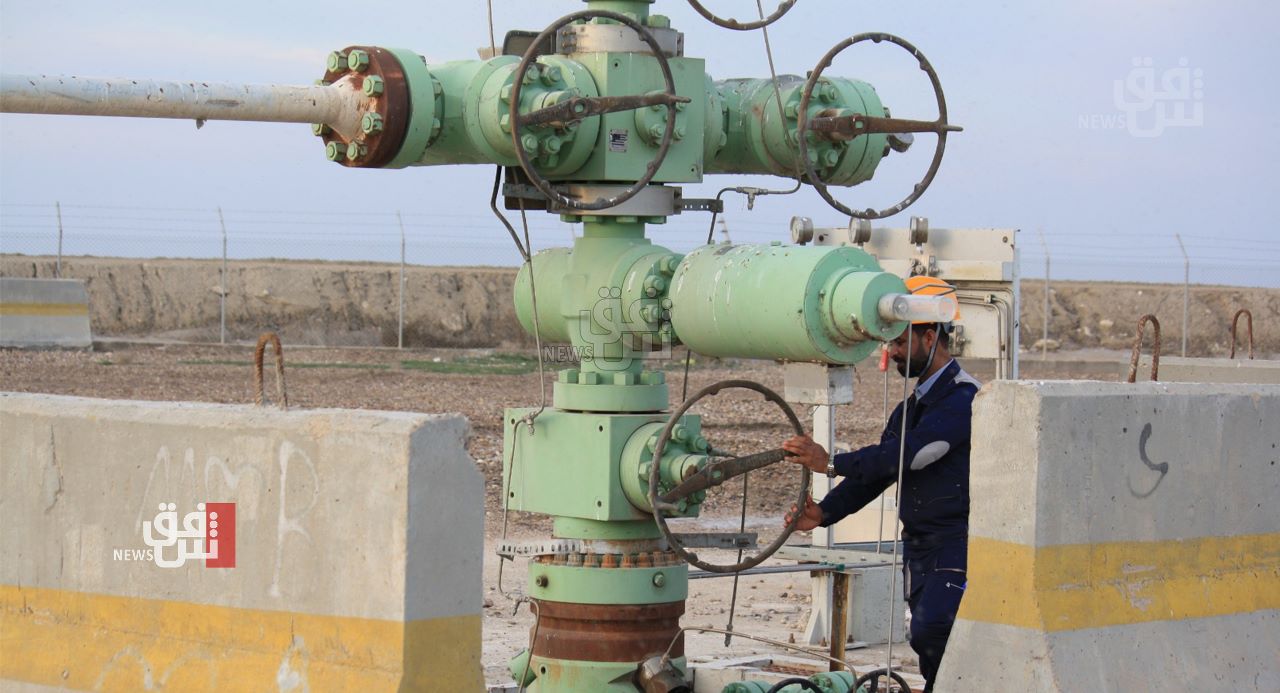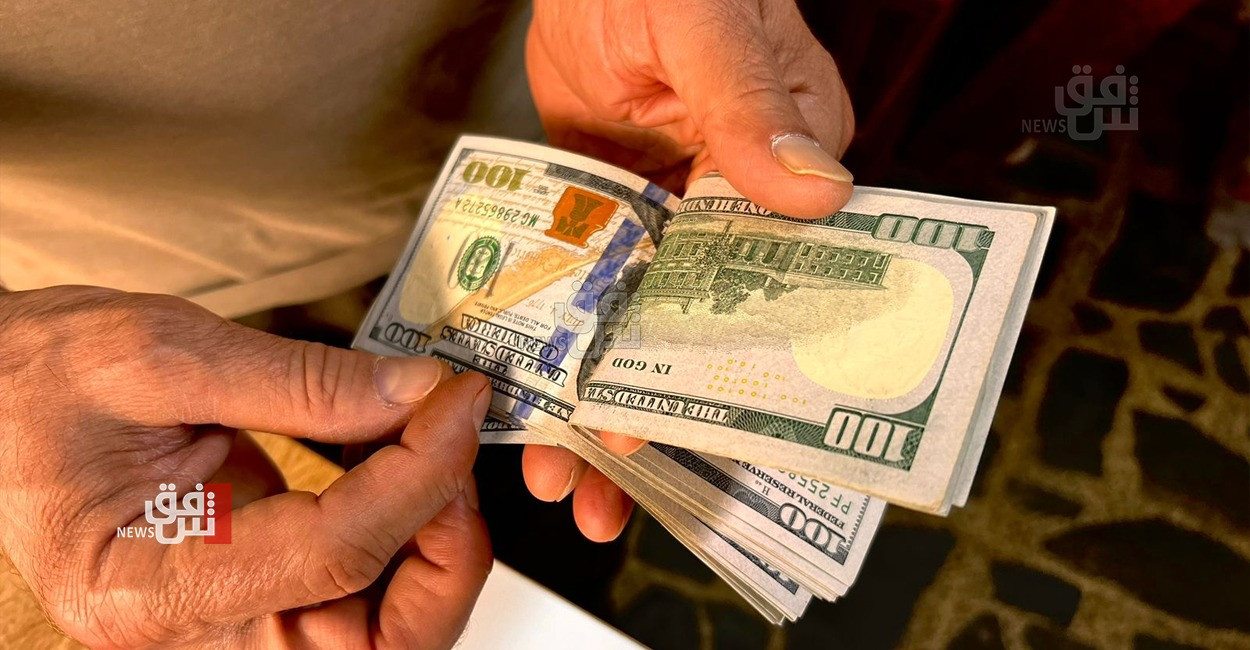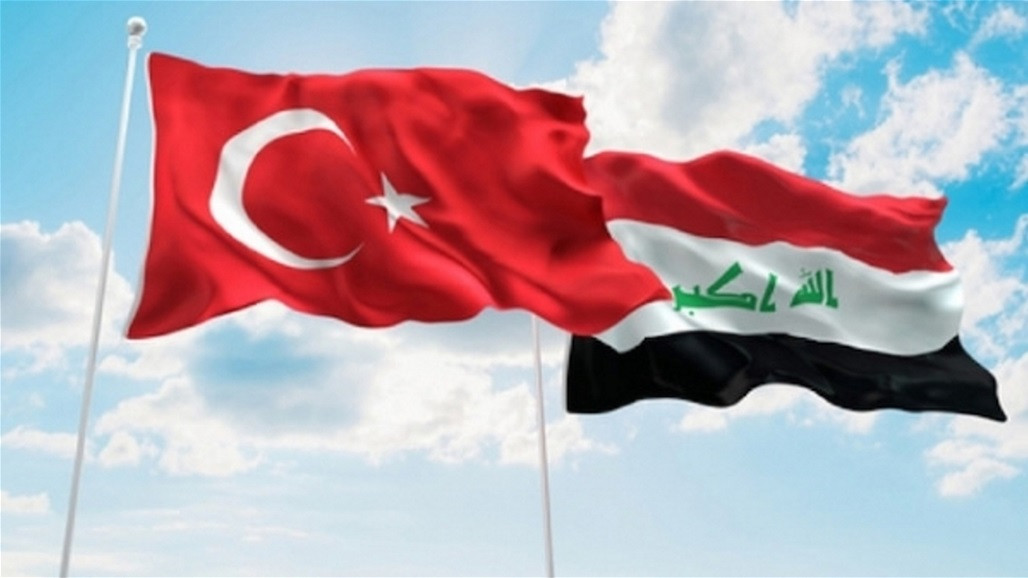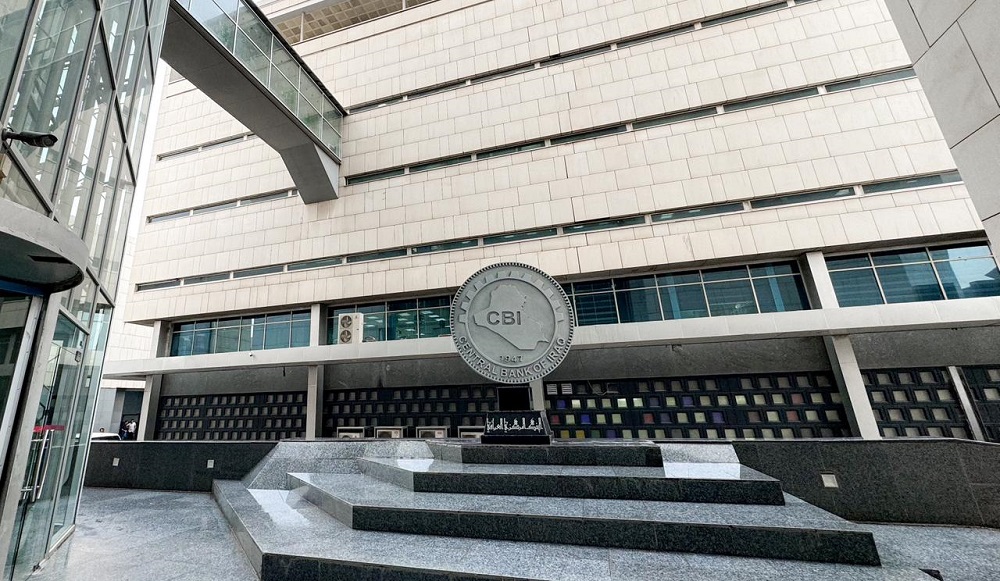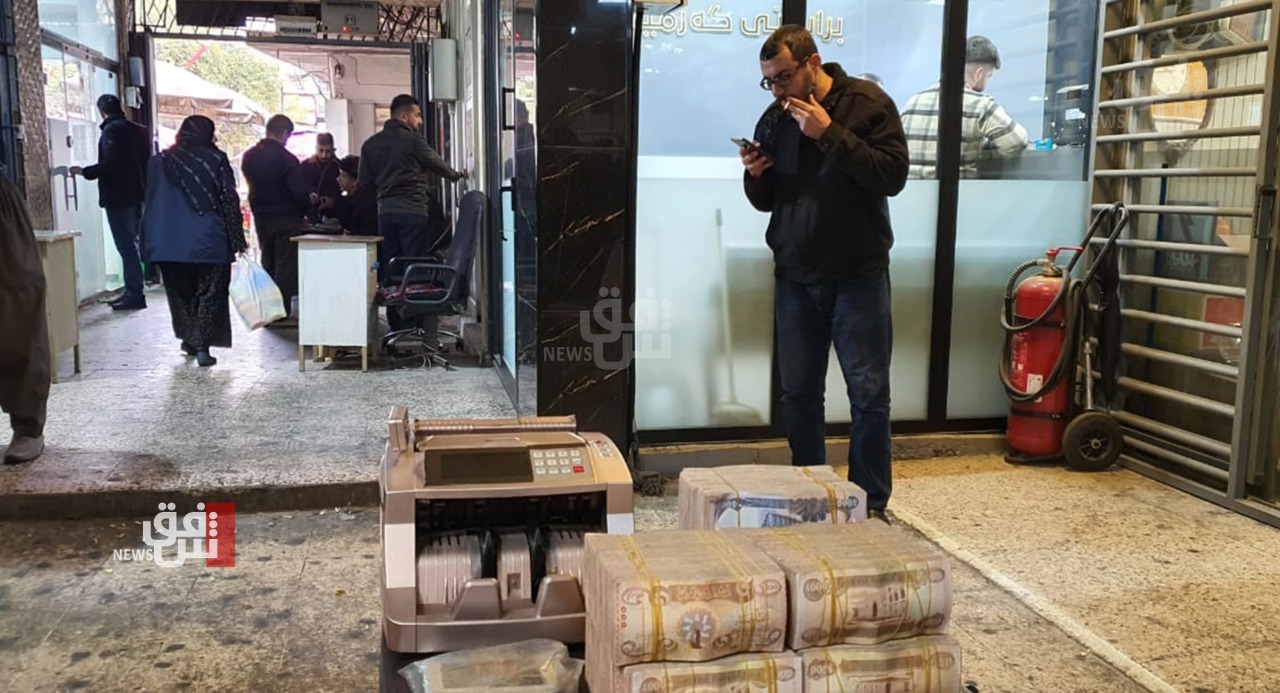Iraq’s path to economic diversification: Overcoming rentier dependence
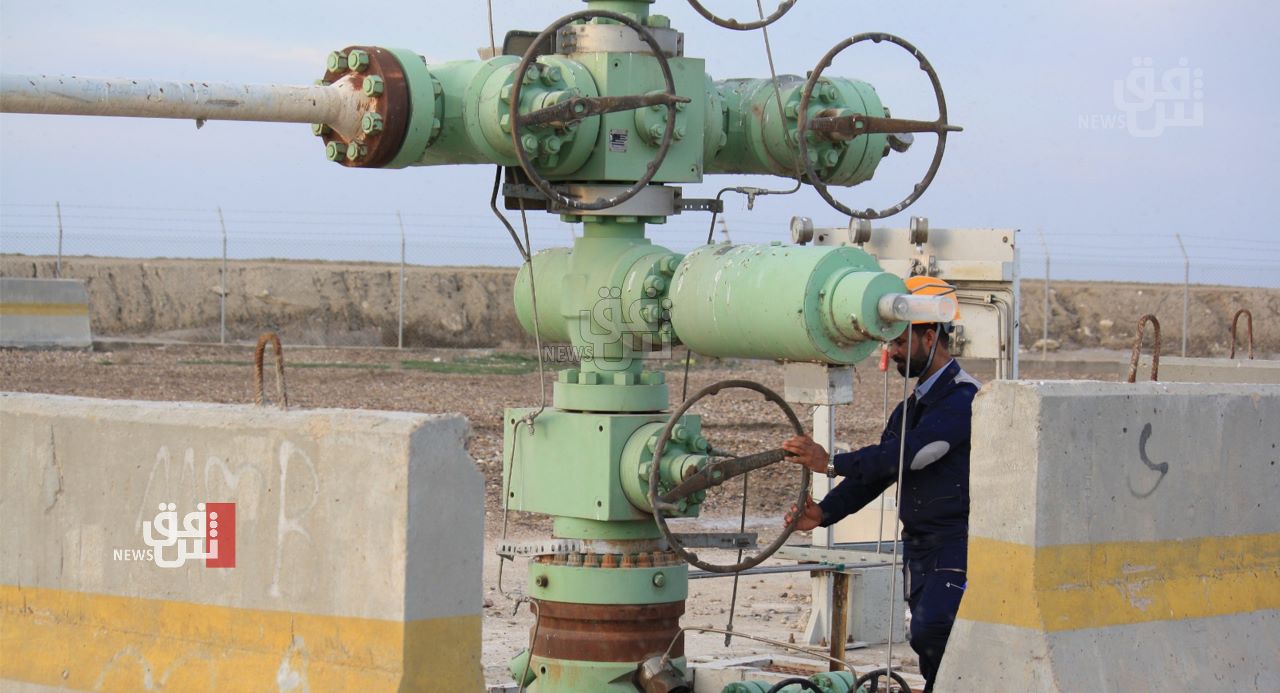
Shafaq News/ Iraq is a rentier state with an undiversified and fragile economy, relying heavily on a single resource: oil. This dependence has rendered its economy vulnerable, as it remains tied to the fluctuating revenues from oil production.
The continued reliance on oil as the primary source of public revenue places Iraq at significant risk from global crises that frequently impact the oil market. Each time such a crisis occurs, the country is forced to address budget deficits by borrowing either domestically or internationally. This situation highlights Iraq’s inability to manage its finances effectively and its failure to find alternative sources of funding or revenue solutions.
Gradual Transition
The financial advisor to the Iraqi Prime Minister, Mudhhir Mohammed Saleh, stated to Shafaq News Agency that the reasons for Iraq’s continued dependence on a rentier economy stem from past wars and economic sanctions imposed on the country. These factors, he noted, disrupted Iraq's economic resources.
However, Saleh highlighted a gradual shift towards economic diversification. He pointed out that "for the first time in decades, Iraq has seen significant non-oil GDP growth of 6%, marking a move toward economic diversification. This progress is driven by the flourishing digital sector, increased transportation activities, and noticeable construction and infrastructure development growth." He also emphasized the ongoing support for the agricultural sector, particularly in grain security, which continues to receive consistent government backing in its marketing operations.
Additionally, Saleh noted that the philosophy of public-private partnerships is taking hold, especially in the industrial sector's development. "This is evident in Iraq’s Development Road strategy, which includes plans to establish three industrial cities and two economic zones, all focusing on advanced industrial production technologies."
Lack of Planning
In an interview with Shafaq News Agency, economic expert Mohammed Al-Hassani stated that "successive Iraqi governments have often faced economic and security crises, causing them to veer off the developmental path," highlighting that these governments lacked long-term strategies, such as five-year or ten-year plans that extend up to 50 years. Such plans, he explained, "would have been more effective and provided sufficient time to implement the necessary changes. Furthermore, terrorism has significantly drained Iraq’s economic capabilities and driven away investment."
Al-Hassani pointed out that the absence of a clear and effective investment direction, which could foster real development, has been a major factor in Iraq's failure to move away from a rentier economy.
He added that "the private sector continues to struggle due to insufficient enforcement of protective laws and the weakness of the banking sector, which is unable to provide adequate financing to facilitate a significant economic shift."
Industry and Agriculture
Meanwhile, economic expert Mustafa Hantoush emphasized the need for Iraq to diversify its economy and transition from a rentier system to a market economy, explaining that this requires developing Iraqi industry by establishing industrial cities, protecting local products, and providing affordable loans.
Hantoush highlighted the necessity of improving agriculture by securing an adequate water share and launching initiatives for machinery, seeds, and fertilizers, stressing the importance of "enhancing the transportation sector by completing projects such as the Al-Faw Port – Development Road and the Baghdad Metro, as well as lifting the European flight ban on Iraqi Airways." Additionally, Hantoush underscored the significance of developing the tourism sector by creating infrastructure, improving roads, and focusing on Iraq's 13 different types of tourism.


